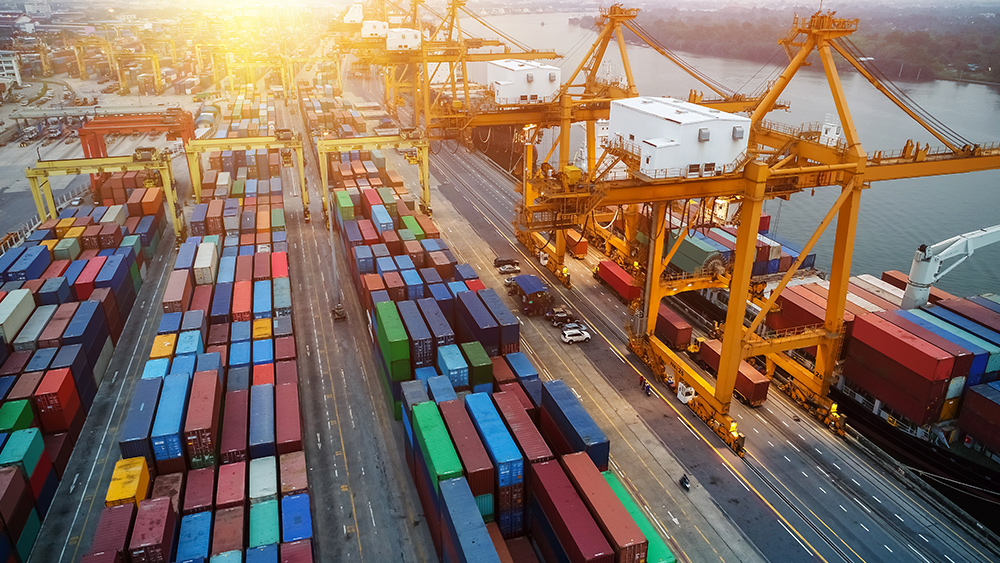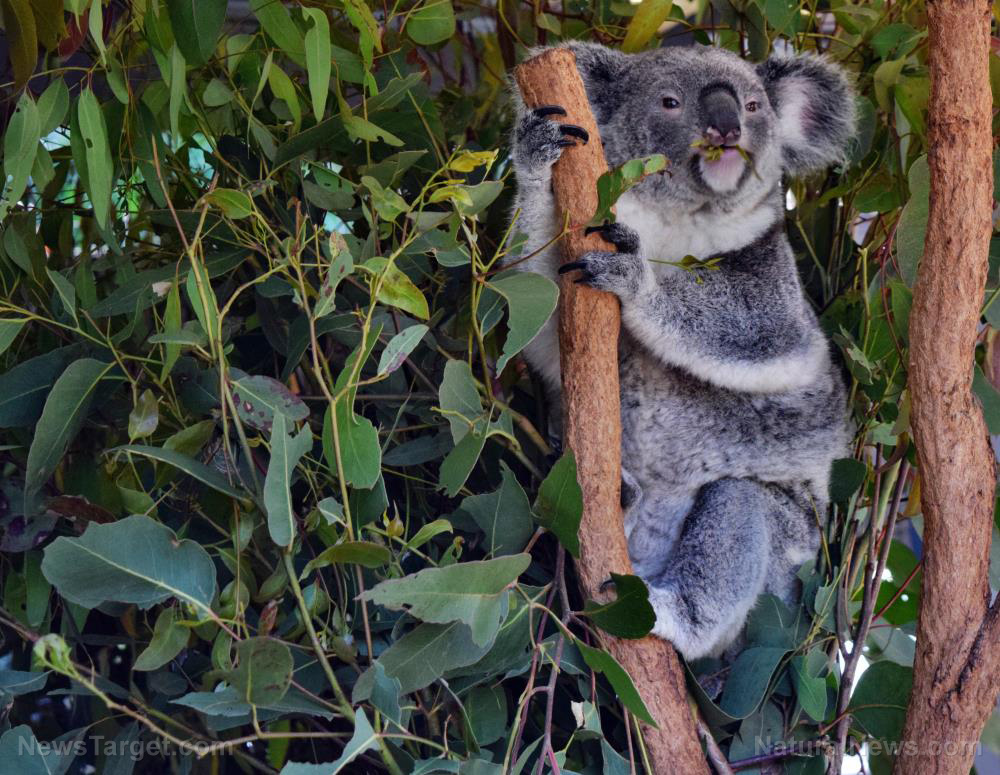
In Nov. 2020, the federal government of Australia signed a contract with Australian biomedical firm CSL to manufacture 50 million doses of the Oxford-AstraZeneca vaccine at the company's main manufacturing hub in Melbourne.
When the country's government signed its agreement with CSL, policymakers there and around the world believed ramping up the production of COVID-19 vaccines was necessary to avert a crisis.
But just one month after the AstraZeneca vaccines started getting distributed in Australia in March, the Australian Technical Advisory Group on Immunization (ATAGI) pulled the pin on young Australians receiving the vaccine due to a high number of people experiencing fatal blood clots.
ATAGI then recommended that the AstraZeneca vaccine only be given to people over 50. This advice was later amended to people over 60. ATAGI argued that these age brackets were less susceptible to developing fatal blood clots. (Related: Australian nurse hospitalized with three blood clots after receiving AstraZeneca vaccine.)
By the time more Australians started getting vaccinated with other COVID-19 vaccines, like the ones developed by Moderna and Pfizer-BioNTech, fully vaccinated people carrying the delta variant started causing coronavirus outbreaks in several states.
Both the federal government and its public health policymaking bodies ignored all scientific advice recommending a complete halt to all vaccinations to stop the post-vaccine outbreak. Instead, ATAGI did the complete opposite and removed all of its recommended restrictions for the AstraZeneca vaccine.
AstraZeneca's advocates blame "negative press" for vaccine's woes
By the time ATAGI's recommendation was published, many Australians were averse to taking the AstraZeneca vaccine.
"Obviously we don't want to manufacture something that's not going to be utilized, and we will have a number of options moving into the future," says Paul Griffin, an associate professor from the University of Queensland. "It obviously has received a lot of negative press."
Griffin insists without evidence that the AstraZeneca vaccine "has proven highly effective and very safe."
Some of the vaccine's advocates have blamed AstraZeneca's reputation on a variety of issues, most notably during an incident in June when the then chief health officer of Queensland Jeannette Young was accused of "fearmongering" about the vaccine.
"I don't want an 18-year-old in Queensland dying from a clotting illness who, if they got COVID, probably wouldn't die," said Young at the time. "We've had very few deaths due to COVID-19 in Australia in people under the age of 50. Wouldn't it be terrible that our first 18-year-old in Queensland who dies related to this pandemic died because of the vaccine?"
"Notwithstanding the perhaps disproportionate criticism that this vaccine's reputation has experienced, we couldn't be prouder that the AstraZeneca vaccine has given protection to many millions of Australians," claims CSL chairman Dr. Brian McNamee during a meeting with investors.
It is understood that once CSL has fulfilled its contract with the federal government to provide the country with 50 million vaccine doses, the biomedical firm will immediately cease production.
CSL representatives have also stated that the federal government will "almost certainly" not extend the biomedical company's contract. While production is originally expected to be completed by the end of the year, company representatives say production will continue into early 2022 until the contract is fulfilled.
"We are fully committed to our agreement to manufacture approximately 50 million doses of the AstraZeneca COVID-19 vaccine – with production expected to be completed early next year," said the company.
Nearly 12.5 million doses of AstraZeneca's COVID-19 vaccine have already been distributed in the country. Due to a lack of people willing to take this vaccine, the federal government has shipped out more than 3.5 million doses to countries in Southeast Asia and the Pacific.
Learn more about how dangerous it is to take AstraZeneca's COVID-19 vaccine by reading the latest articles at Vaccines.news.
Sources include:
Please contact us for more information.























